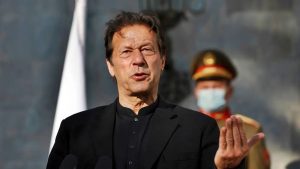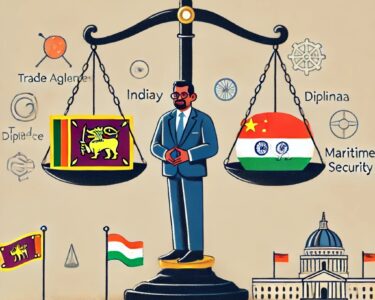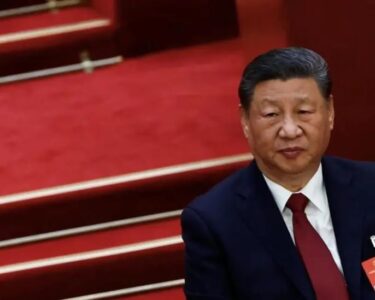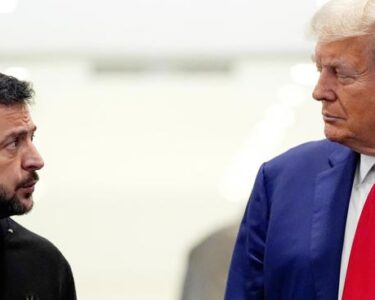: Pakistan’s political landscape entered uncharted territory as independents linked to jailed former Prime Minister Imran Khan secured the most seats in the recent general election, despite his party being banned from participating. This surprise outcome throws the formation of the next government into uncertainty, with rival parties scrambling to secure alliances.

Khan’s Shadow Looms Large: Although Khan himself could not contest, his supporters ran as independents, winning an impressive 93 seats, according to analysis. This unexpected success puts them ahead of established parties like Nawaz Sharif’s PMLN (75 seats) and Bilawal Bhutto Zardari’s PPP (54 seats). Both Sharif and Khan have declared victory, adding to the confusion.
Coalition Negotiations Take Center Stage: Recognizing the need for a majority to govern, the PMLN and PPP have announced a surprise partnership, a move likely to infuriate Khan’s supporters. This alliance, if successful, could potentially block Khan’s influence despite his strong showing.
Concerns and Challenges: The election was not without its hiccups. Allegations of vote-rigging from various parties, including Khan’s, have cast a shadow on the process. Additionally, tensions remain high, with Khan’s supporters protesting the results in certain cities.
Uncertain Future for Pakistan: The next few weeks will be crucial as parties engage in intense negotiations to form a coalition government. Navigating these talks amidst accusations, protests, and political rivalries will test Pakistan’s democratic stability. The final outcome will have significant implications for the country’s economic and social trajectory.







